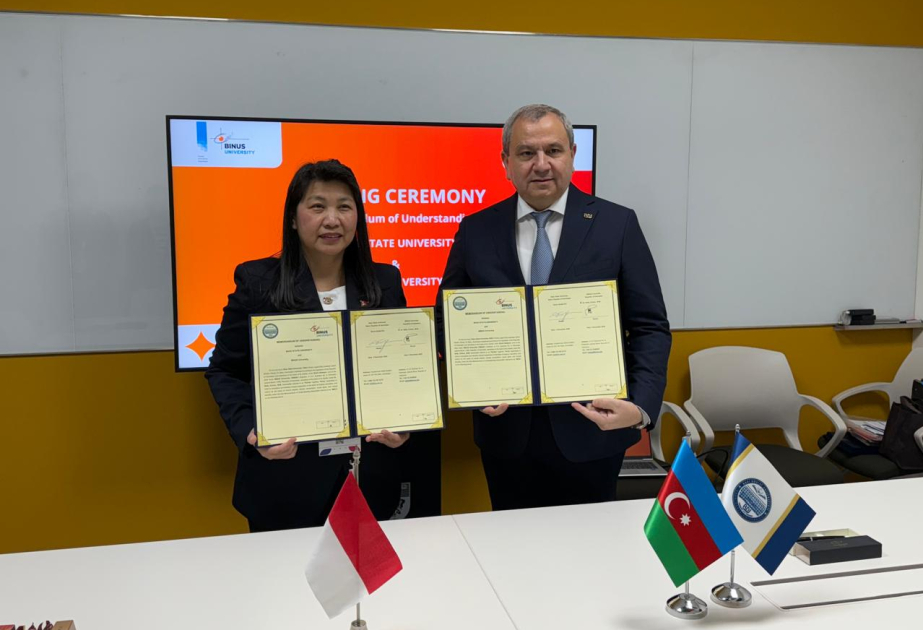Jerusalem Post
ByLEO FEIERBERG BETTER
Researchers at MIT and Harvard University found that in the sample with modified 'killer' cells, the cancer did not spread.
Researchers from MIT and Harvard University have discovered a new way to create effective cancer-fighting cells, a new study revealed.
The peer-reviewed study detailed research that was conducted in mice with human-like immune systems. It could pave the way for newer, more effective cancer treatments by refining existing cell therapies.
CAR-T and CAR-NK therapy
A common approach to treating blood cancers is CAR-T cell therapy. This method involves taking T cells, which are a part of the body’s immune system, and engineering them to kill cancer cells.
Another cell, also part of the immune system, is the “natural killer” (NK) cell. NK cells differ from T cells in the sense that they don’t need exposure to cancer cells in order to fight them.
Although only CAR-T treatment is currently available, the processes for CAR-NK and CAR-T therapy are similar. A blood sample would be taken from the patient or donor, and the T or NK cells would be isolated and re-engineered to fight the cancer. These cells then replicate, usually for weeks, until there are enough to transfer them into the patient.
After being reintroduced into the body, the cells go on to fight cancer cells through degranulation, in which CAR-T or CAR-NK cells release a protein that “pokes holes” in the cancerous cells, inducing cell death.
Current limitations of CAR-T therapy
Currently, several limitations exist in CAR-T treatment, which is, as of now, available for leukemia and lymphoma.
Firstly, the treatment requires significant time and effort, as a unique blood sample must be collected from each patient. The subsequent replication period lasts for weeks, making large-scale CAR-T therapy impractical and generally infeasible.
As with all transfusions, there is always a risk of the body’s immune system rejecting the transfer, limiting the effectiveness of the treatment.
Advantages of CAR-NK cells
NK cells don’t need to be taken from the individual patient, and can instead be provided by healthy donors. Donor cells are easier to grow in large quantities, which means that it could be possible to “develop ‘off-the-shelf’ CAR-NK cells that could be given to patients as soon as they are diagnosed”.
MIT and Harvard discovery
The MIT researchers tried to find a way for NK cells to evade the body’s immune system, and eventually discovered that a certain protein found on NK cell surfaces triggered a response from the immune system.
When they discovered this, they engineered the NK cells to interfere with these proteins, thereby escaping detection by the body.
As Jianzhu Chen, MIT professor and a senior author of the study, explained, “[it] enables us to do one-step engineering of CAR-NK cells that can avoid rejection by host T cells and other immune cells. And, they kill cancer cells better and they’re safer.”
Results
In the study, the mice were injected with lymphoma and with either modified or regular CAR-NK cells. The researchers found that in the sample with modified CAR-NK cells, the lymphoma didn’t spread, and the CAR-NK cells survived for at least three weeks, while in the control sample, the cancer spread unchecked, and the CAR-NK cells died within two weeks.
Additionally, the risk of a common side effect of CAR-T therapy, cytokine release syndrome (CRS), was greatly reduced, which gave Chen and her colleagues hope that CAR-NK cell therapy could replace CAR-T therapy in the long run.
Next steps
As of yet, CAR-NK therapy hasn’t been tested on humans, although the researchers hope to conduct a clinical trial in collaboration with the Dana-Farber Cancer Institute. They are also working with a biotech company on the possibility of treating lupus with CAR-NK cells.
















.png)



